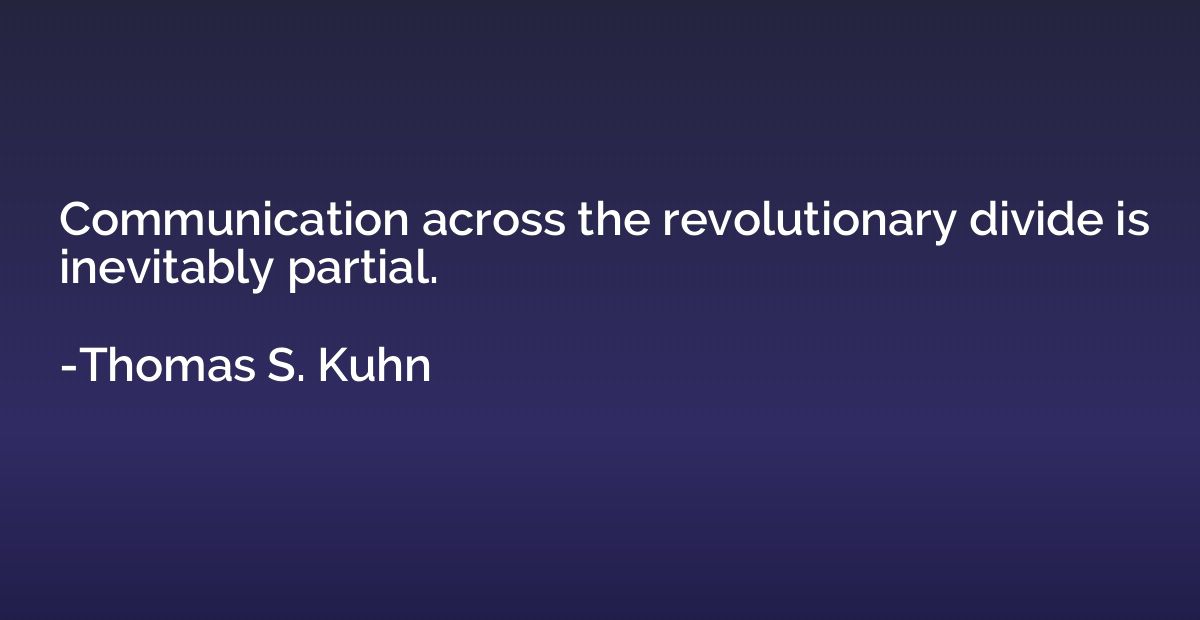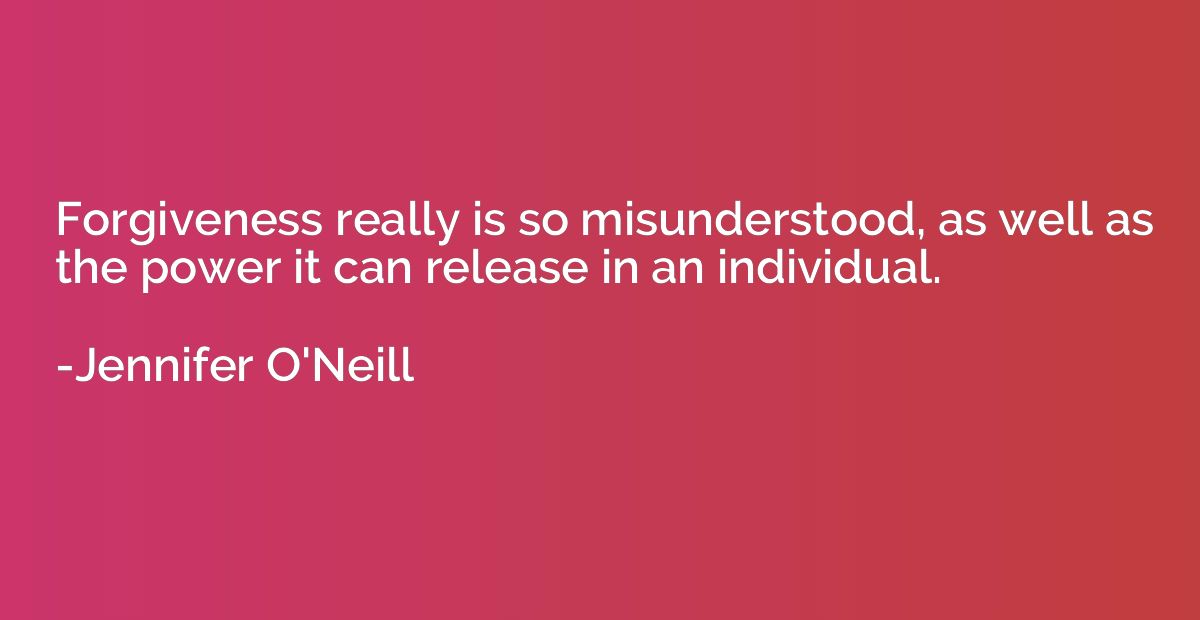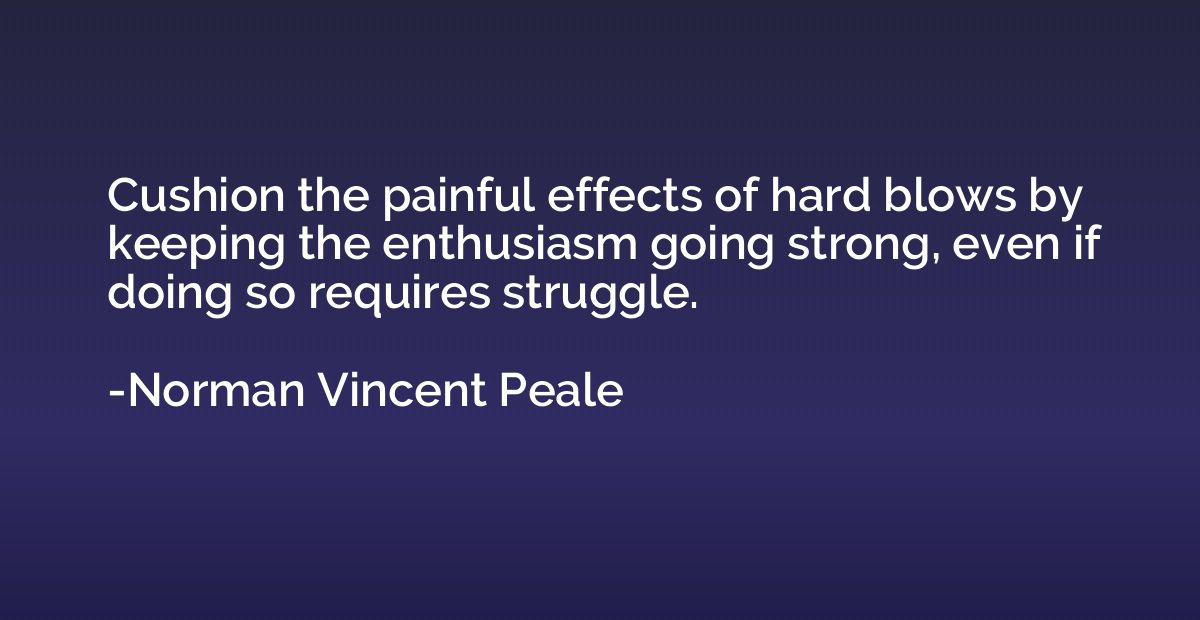Quote by Francois de La Rochefoucauld
There is a kind of elevation which does not depend on fortune; it is a certain air which distinguishes us, and seems to destine us for great things; it is a price which we imperceptibly set upon ourselves.

Summary
This quote suggests that true greatness and elevation do not solely depend on external factors such as luck or circumstances. Instead, it suggests that there is an inherent quality or presence within certain individuals that sets them apart and seems to mark them for significant achievements. This quality is described as a distinct aura or demeanor that they carry, almost as if they have unconsciously recognized and valued their own worth. Essentially, the quote alludes to the idea that greatness originates from within, independent of external validation or fortune.














